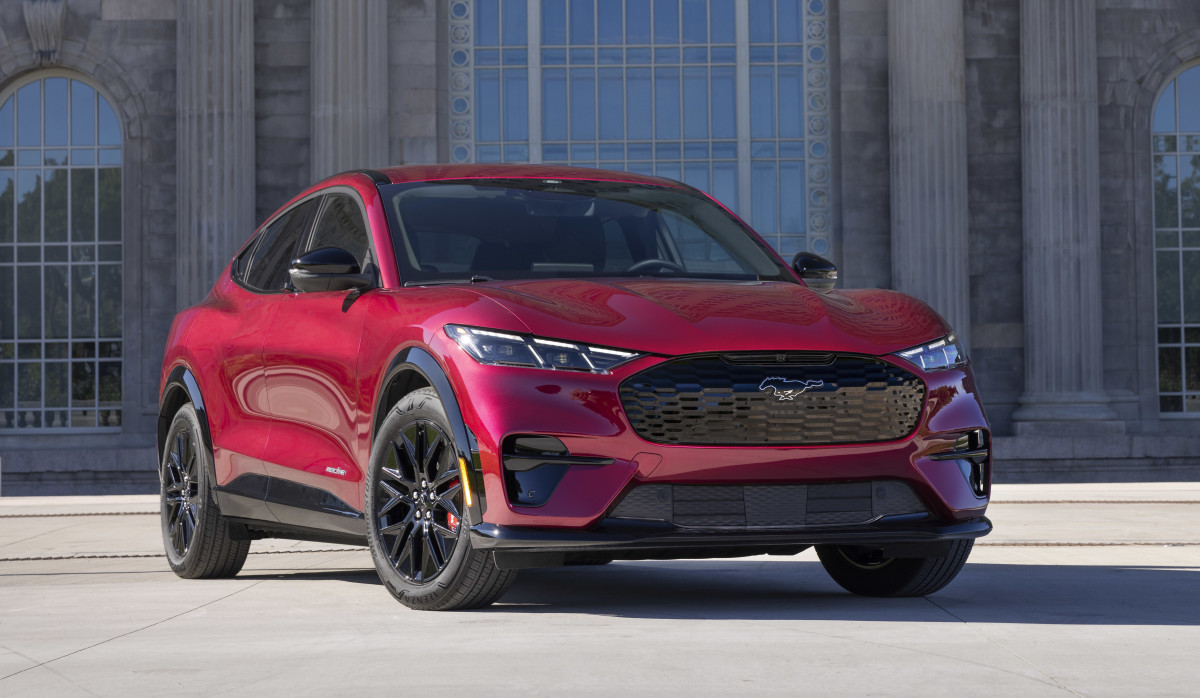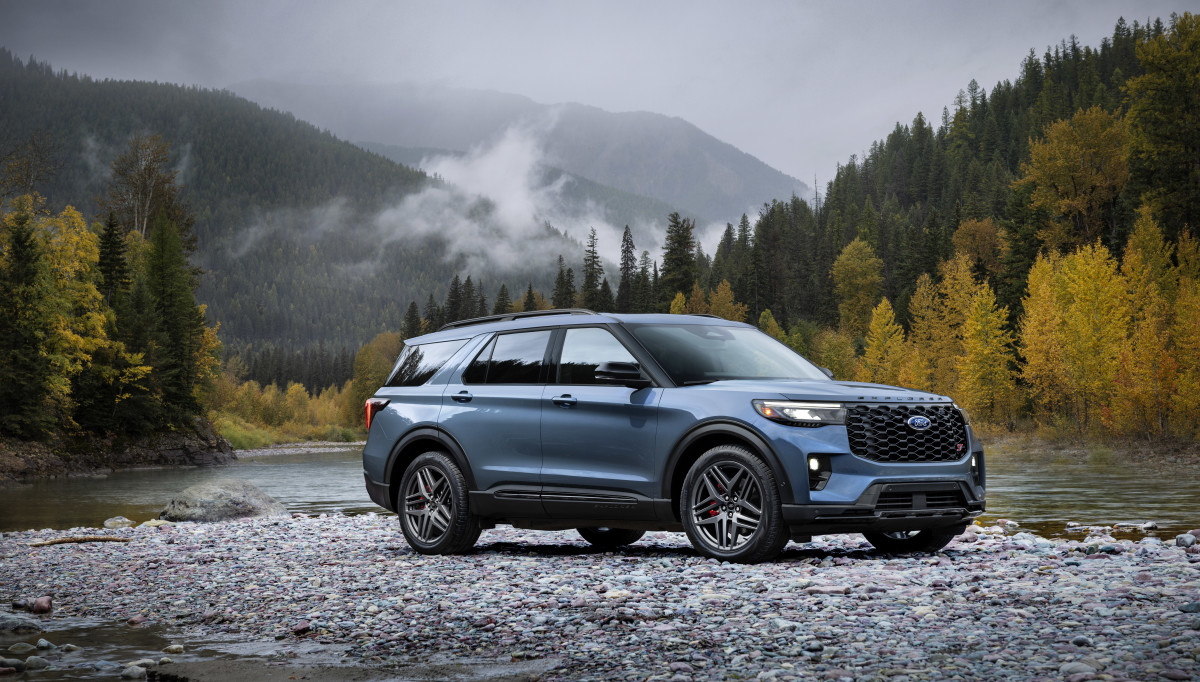The potential impact of tariffs varies by class
A new study has predicted that President Trump’s adjusted tariffs, which he amended on April 29, won’t stop car prices from rising but will likely slow the rate of increase. The analysis, researched by Michigan-based Anderson Economic Group (AEG), forecasts that the least impacted vehicles will see a tariff burden of $2,000+. At the same time, the most affected models will incur tariffs exceeding $12,000.
Vehicles assembled in the U.S. with substantial U.S. parts, like the Honda Civic and Odyssey, Chevrolet Malibu, Toyota Camry Hybrid, and Ford Explorer, are likely to see tariff burdens ranging from $2,000 to $3,000. AEG estimated that a large portion of the auto market would incur a medium tariff impact ranging from $4,000 to $8,000. This category consisted of models like the Chrysler Pacifica, BMW X3, Ford Bronco Sport, Volkswagen Jetta, and some Jeep and Ram models. Models in the $10,000 to $12,000 high-impact category mostly involve full-size luxury SUVs and some battery electric vehicles (BEVs), like the Mercedes G-Wagon, Land Rover and Range Rover models, and Ford’s Mustang Mach-E.

Ford
Tariff adjustments are a mixed bag for certain automakers like Ford
AEG noted that Trump’s tariff amendments reduce levy costs for some vehicles assembled in the U.S. but don’t eliminate costs from any model the group studied. As for cars assembled in other countries, even those with substantial U.S. parts didn’t experience significant tariff price reductions. For example, Ford’s Explorer, manufactured in Illinois, had its tariff impact drop from about $4,300 to $2,400. Others, like the all-electric Mustang Mach-E, which is assembled in Mexico, will maintain its high tariff rate of over $12,000. Variants of the Chevrolet Suburban, GMC Yukon, and Cadillac Escalade are made in Texas, and their tariff burden is projected to drop from $11,000 to just below $8,000.
“The sales surge in March confirms that Americans expect prices to go up because of tariffs, and the revised AEG estimates confirm they are right,” said Patrick L. Anderson, the study’s lead author.
Auto tariff adjustments explained
Trump’s new executive order, signed on April 29, prevents multiple U.S. tariffs from being stacked on the same imported product for companies making vehicles in the U.S. while also giving carmakers partial rebates on tariffs paid for imported parts at 3.75% during the first year and 2.5% the second year before being phased out. The offset is only available for cars produced after April 3, though. AEG isn’t the only group speaking out about the significant impact of Trump’s tariffs, even with recent adjustments.
“It’s akin to having a car accident and saying, ‘Oh good, it’s not totaled, but it’s still $20,000 worth of damage,’” Dan Ives, managing director of autos at Wedbush Securities, said in an interview with the Detroit Free Press. General Motors (GM) warned on Tuesday that the impact of Trump’s amended tariffs could still be “significant” and that the company was “reassessing” its guidance while waiting on “greater clarity,” according to NBC.

Ford
Final thoughts
Autoblog posed the question this week of whether Trump’s adjusted auto tariffs would make a significant enough impact, and answers are starting to emerge. While US automakers like GM and Stellantis have received a break on the president’s sweeping measures and expressed their appreciation, GM’s warning on Tuesday reflects that much of the industry is remaining cautious and playing things by ear. In the meantime, car buyers can still expect prices to rise soon, but the rate at which these cost increases will occur might slow down due to Trump’s new policies.